Question And Answer
Publications
Articles, publications, books, tools and multimedia features from the U.S. Institute of Peace provide the latest news, analysis, research findings, practitioner guides and reports, all related to the conflict zones and issues that are at the center of the Institute’s work to prevent and reduce violent conflict.
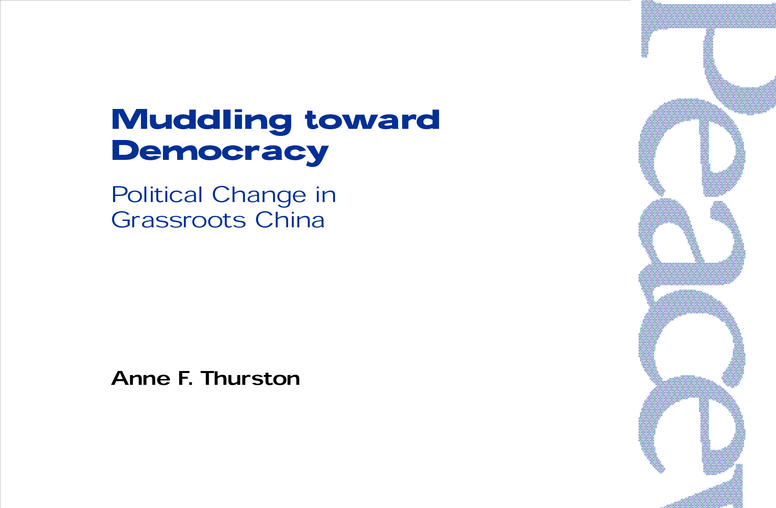
Muddling toward Democracy: Political Change in Grassroots China
Among the most significant political reforms implemented by the Chinese government since 1989 is the introduction of competitive elections into rural villages. This study, based largely on fieldwork conducted between 1995 and 1997, examines China's efforts to bring competitive elections to the country's rural areas and attempts to explain why local democracy has proved more successful in some places than in others.
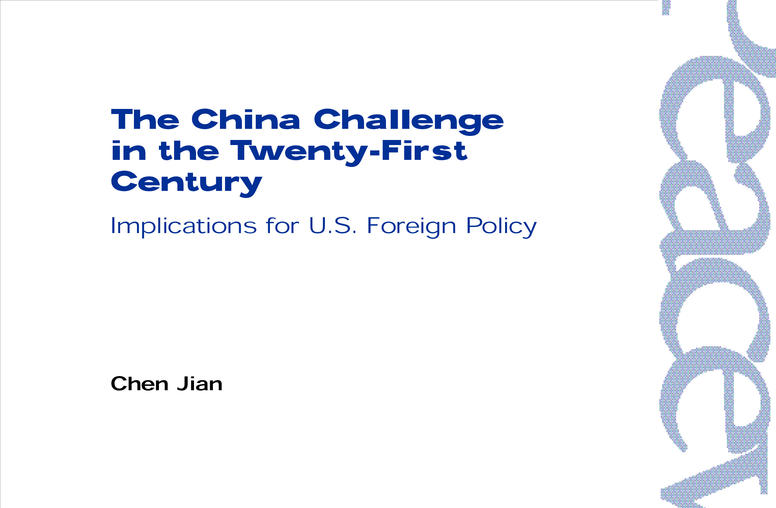
The China Challenge in the Twenty-First Century: Implications for U.S. Foreign Policy
Despite Asia's current financial crisis, China's rapid economic growth raises the question of whether or not it will emerge as a dominant regional power, or even a hegemonic world power, in the twenty-first century. For many in the West and in China's neighboring countries, this prospect is very troublesome.
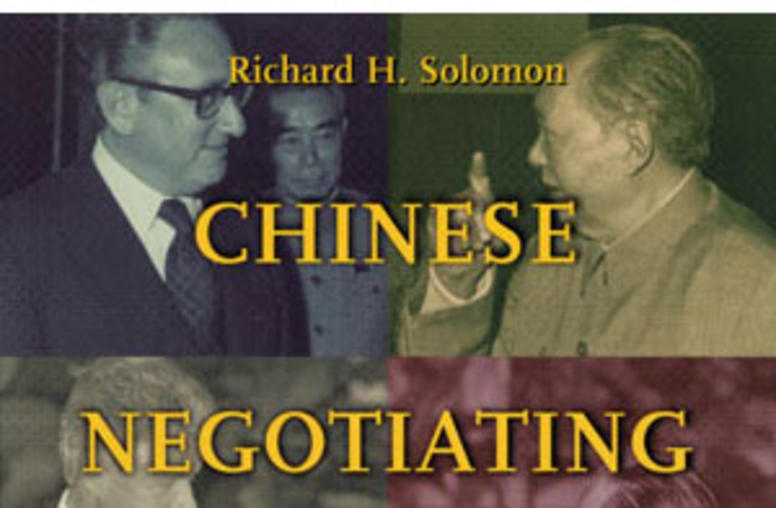
Chinese Negotiating Behavior
After two decades of hostile confrontation, China and the United States initiated negotiations in the early 1970s to normalize relations. Senior officials of the Nixon, Ford, Carter, and Reagan administrations had little experience dealing with the Chinese, but they soon learned that their counterparts from the People’s Republic were skilled negotiators.

Breaking the Ice
Rapprochement Between East and West Germany, the United States and China, Israel and Egypt
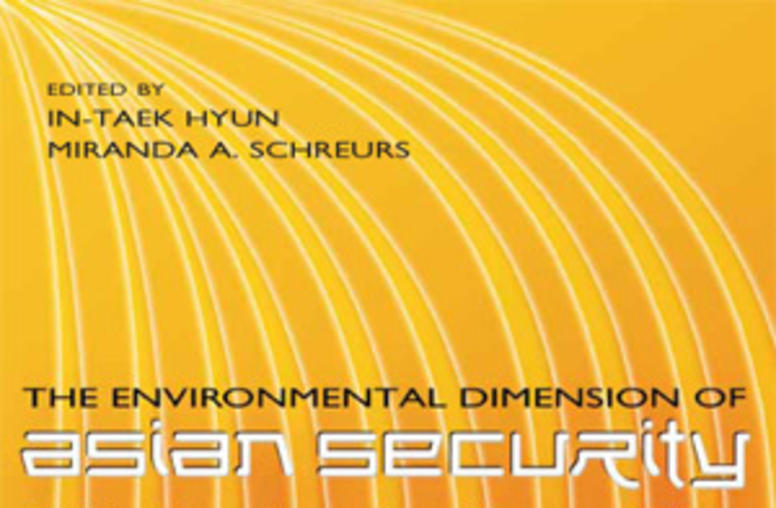
The Environmental Dimension of Asian Security
Examines a host of critical environmental and resource issues through a “regional environmental security complex” that explores the potential for greater intersubjective understandings of regional environmental and natural resource problems and greater institutional collaboration and management.
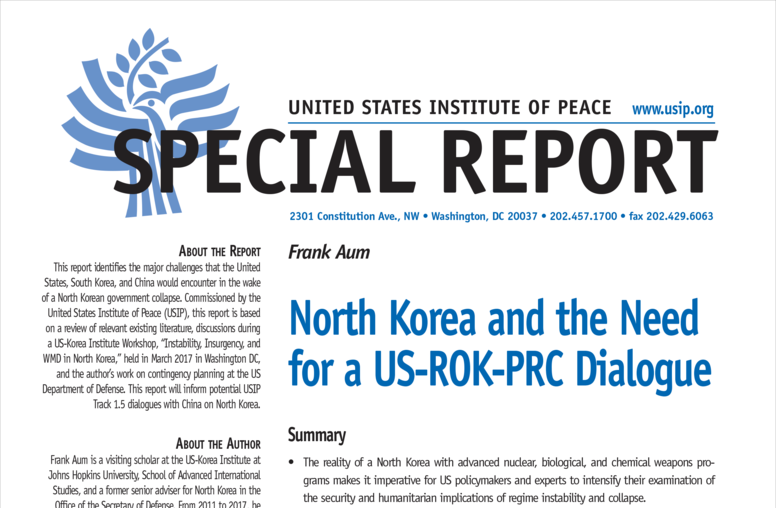
North Korea and the Need for a US-ROK-PRC Dialogue
North Korea has advanced weapons of mass destruction programs but poor WMD security, and tensions in the region are growing in response to increasing brinkmanship between Pyongyang and Washington. This report identifies the major challenges...

Sameer Lalwani on the G20 Summit
At the G20 summit, the United States should focus on engaging with the Global South. “A lot of these countries are worried about bread-and-butter issues,” says USIP’s Sameer Lalwani. “In the absence of U.S. leadership at an institutional level … there’s going to be other actors that fill that vacuum.”
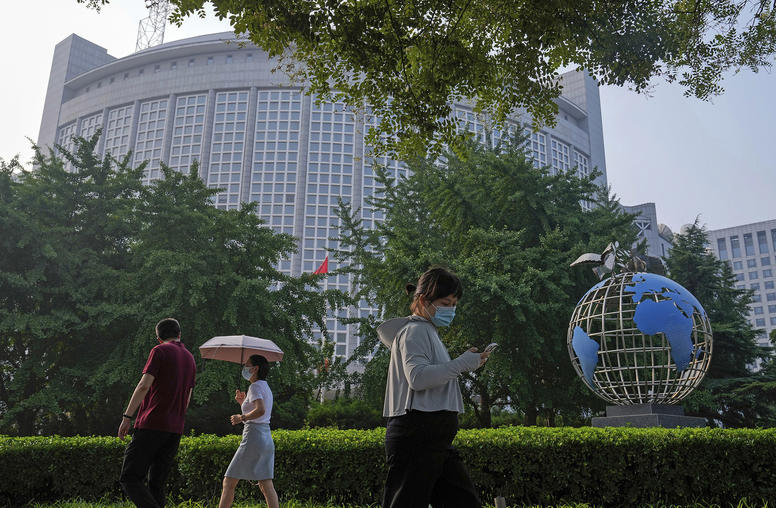
China and the Reshaping of Global Conflict Prevention Norms
As China has become a more powerful and influential actor—economically, politically, and militarily—it has demonstrated growing interest in playing a larger role in international conflict prevention and influencing established norms. This report examines Beijing’s approaches and efforts in this area, focusing on three case studies: funding projects through the UN, “Sinocentric” regional organizations, and ties with Solomon Islands. The report finds that China’s efforts around conflict prevention have a coherence that requires a similarly coherent response from the United States.
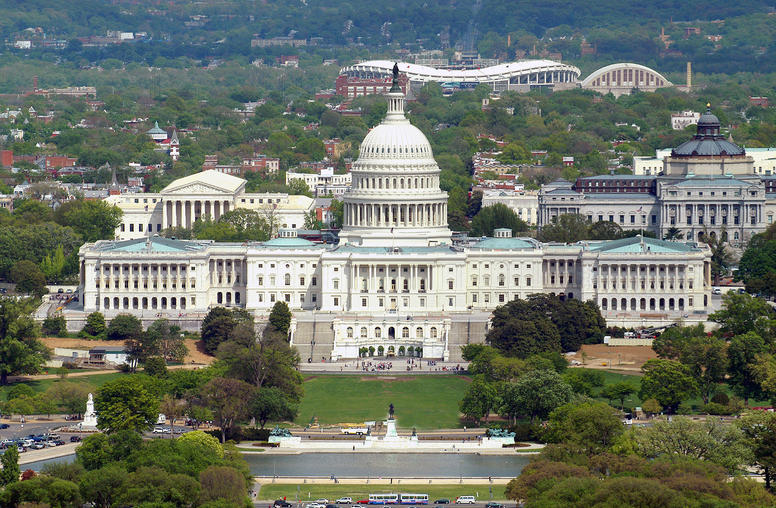
Examining Ongoing Cybersecurity Threats within the Department of the Interior and the Nexus to State Sponsored Cyber Actors
Dean Cheng, senior advisor of the China Program at the U.S. Institute of Peace, testified on June 7, 2023, before the U.S. House Committee on Natural Resources, Subcommittee on Oversight and Investigations' hearing on "Examining Ongoing Cybersecurity Threats within the Department of the Interior and the Nexus to State Sponsored Cyber Actors."

Carla Freeman on China’s Belt and Road Initiative at 10
When the ambitious Belt and Road Initiative (BRI) was announced, developing countries were eager to partner with Beijing on infrastructure projects. But a decade later, “a lot of these countries are saddled with immense debt … now that the hype is over, there’s a lot more international scrutiny” of the BRI, says USIP’s Carla Freeman.